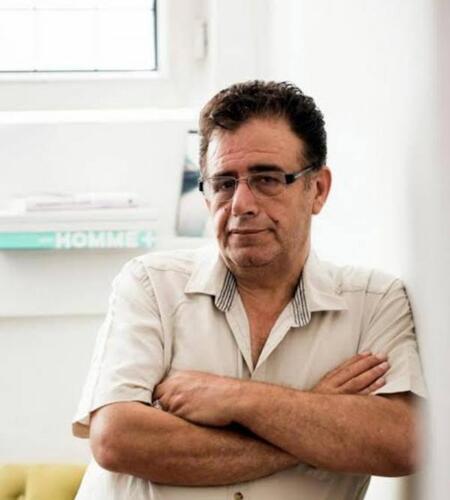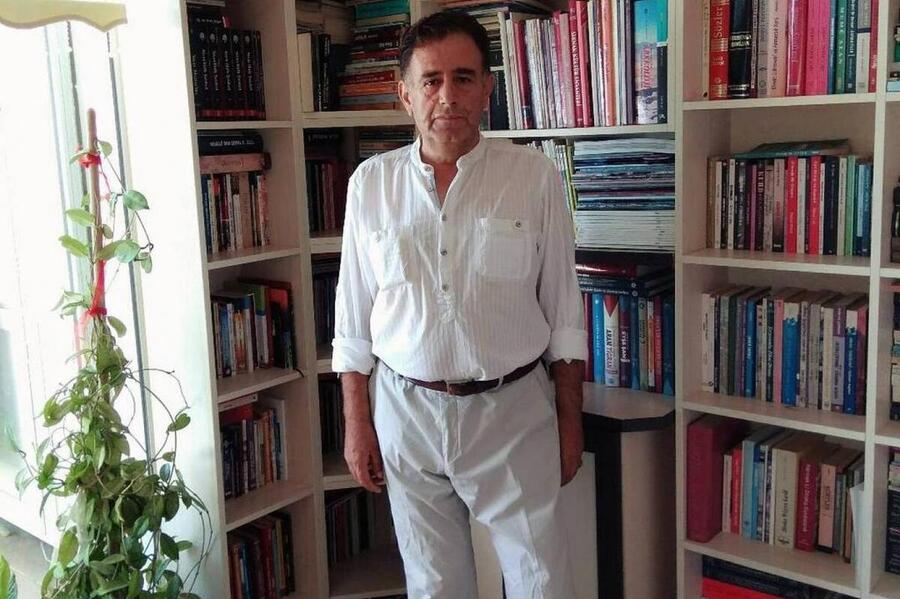Ancestors' sayings are short sentences. A general fact or advice is expressed in short and concise sentences, and short lessons are aimed at education. In his book "Ancestors' Sayings" Mohammed Onju says, “When you want to know a nation, you have to pay attention to their culture and language. Especially their ancestors' words are very important in this regard. In addition, a language's beauty and richness can be expressed not only by speech and grammar but also by proverbs and sayings. Language becomes beautiful and alive with the help of ancestors' advice and sayings.”
The Kurdish language is beautiful and rich in its words and phrases and its idioms, proverbs, and ancestors' advice. Sometimes it can express a person's wishes very well in only one word. When we want to show the importance of place, region, roots, and foundation of people, we say, "Every plant grows on its root."
Our ancestors say that “when a cow dies, its skin remains, when a human dies, their name remains.” Because of this saying, we have a hidden treasure of thousands of proverbs today from our ancestors as a legacy.

Mohammed Onju's book was published in four volumes, The Dictionary of the Ancestors' Sayings", in October 2020 by Sitav Publishing House. This work is considered one of the greatest dictionaries of ancestors' advice among writers.
Mohammed Onju was born in 1961 in Samsur, Kharkhar neighborhood. He attended primary and secondary school in Samsur and graduated from the Department of Administration at Anadolu University. Folklorist, researcher, poet, and writer, started working in 1983, in Samsur (Adiyaman), as an employee of the Ministry of Education.
Mohammed Onju has been working on Kurdish folklore (especially Kurmanji) since 1983, and many of his works, writings, and poems have been published in magazines, newspapers, and websites under the name of Hamo Peshang. His articles and writings on Kurdish folklore have been published in magazines such as Zand, Rawshun, Nubhar, Govand, Chrusk, Zhyana Rawshan, Govaraw, Tiroj, and Dilop.
This work on the ancestors' advice is a very big and extensive dictionary of proverbs. 50000 of their ancestors' sayings are included in this book. About 30000 of these sayings have been collected by the author Barhavkar. The book consists of 4 volumes. Each volume is between 1214 and 1248 pages.

This product is separated into sections. It consists of 235 sections in total. For example, the ancestors' advice about "women, courage, good and evil, etc.
There are more than 2000 orally narrated stories in this work. More than 4000 words not widely known or in dictionaries have also been commented upon and explained.
This work, written by Mohammed Onju, has been edited by Sarwat Deniz and Qahir Batayi.
Qahir Batayi in an interview says, “This work has been worked on for a lifetime. We must take care of this work and have this treasure in our homes. The treasure is not just money, property, gold, and underground things. Our treasure is language, culture, folklore, and literature. This work is a treasure of Kurdish folklore.”
When one searches through Kurdish society, one finds not only 50000 but thousands of ancestors' sayings. Therefore, the truth of Kurdish society is hidden in the veins of ancestors' sayings.









